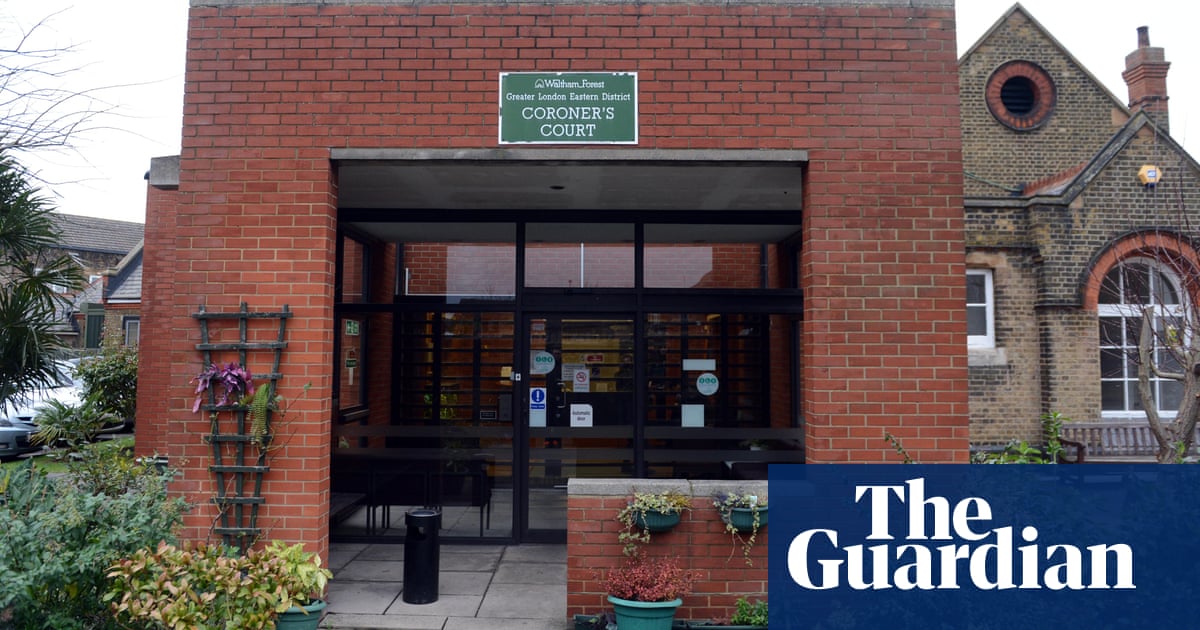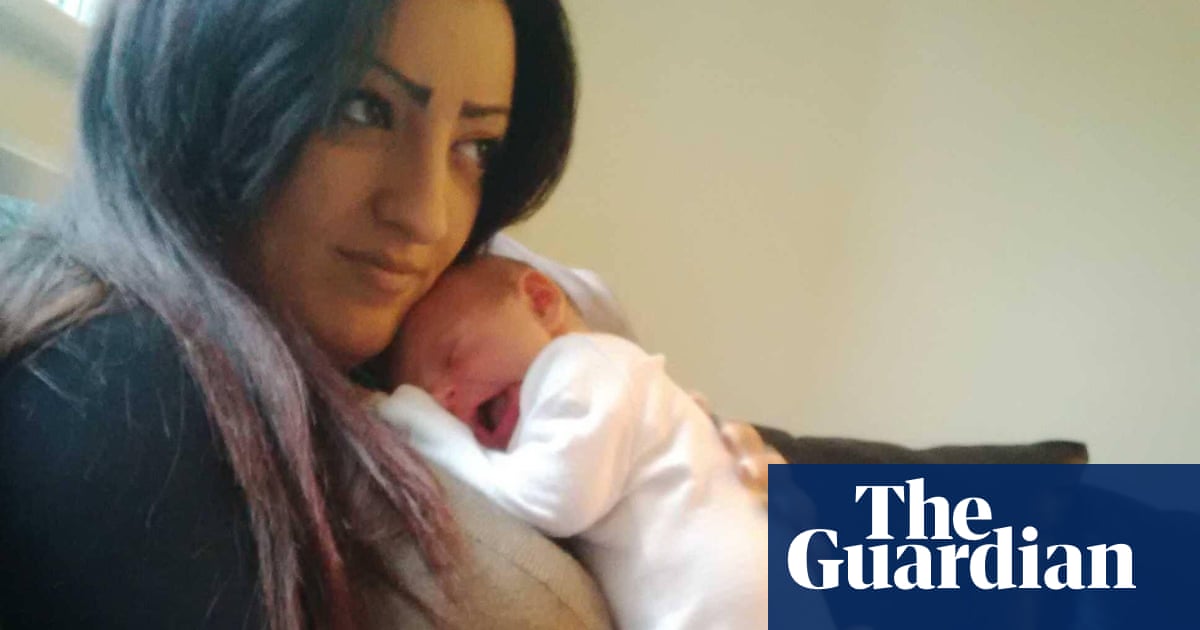
The family of the serial killer Stephen Port’s third victim deny confirming his handwriting was on a “suicide note” found on his body, an inquest has heard.
The body of Daniel Whitworth, 21, a chef, was found in a Barking churchyard near Port’s flat, on a bedsheet and with a note in his hand, in September 2014.
The note claimed Whitworth had killed himself after accidentally giving a fatal overdose of the “date rape drug” GHB to Gabriel Kovari, 22, whose body had been found in the same churchyard three weeks previously, jurors were told.
DC Yinka Adeyemo-Phillips, of Barking police, had previously told jurors that Whitworth’s father, Adam Whitworth, confirmed the handwriting on the day after his son’s body was found, and she had passed this confirmation on to other officers.
But, giving evidence at Barking town hall, Adam Whitworth said: “I definitely didn’t say it was [Daniel’s writing].”
He had been emailed a scan containing just the final sentence of the note – which Port had faked. He, and Daniel’s stepmother, Amanda Whitworth, were unable to confirm the writing, and neither could Daniel’s partner, Ricky Waumsley, he told the hearing.
Ten days after Daniel’s death, he was shown the full note. Asked about the handwriting then, he replied: “I wasn’t there as a handwriting expert. I saw this note for five or 10 minutes.
“I was told it was a suicide note so I was desperate to see it. Checking the handwriting wasn’t a top priority.”
Whitworth said he told police the letter was “odd”. There were no names of any family members, no special phrases or words used by Daniel. It was signed “Love always, Daniel PW,” a sign-off he never used. It stated he had not told his family he had gone out, which made no sense, as he did not live with his father and stepmother, jurors heard.
Whitworth said the family liaison officer DC Paul Slaymaker reassured him that police would use handwriting experts to confirm the note was genuine. “That’s what he said was going to happen. I made him say it several times,” Whitworth said.
But, at an inquest in June 2015 it emerged that, instead of handwriting experts, police had themselves checked Daniel’s supposed handwriting against a diary found at his home. The coroner at the first inquest, which recorded an open verdict, also remarked on the fact the bedsheet his body was wrapped in had not undergone forensic analysis.
Police “brushed off” family concerns over possible foul play, explaining Daniel would have been in a strange state of mind at the time of writing the note, and that the family was “overthinking” it. “As far as they were concerned this was the end of it,” said Whitworth,
Daniel’s stepmother said the family, and Waumsley, could not think of any time when he could have met Kovari, whom the note said he had hooked up with at a party and who died on 28 August 2014. “I couldn’t believe he had taken the life of somebody else accidentally and it hadn’t shown,” she said. “There wasn’t a sign of any distress,” she added, saying Daniel had been in a “pretty good place” and looking forward to starting a new job immediately before he died.
She described the anger the family felt after trying to deal with his “suicide” for a year, then to be told he was murdered. “We went through all those channels of trying to deal with a suicide,” she said. On learning he had been murdered “the only little comfort we had was that he really wasn’t in that dark place. Now we have got to take ourselves from suicide to a murder. Nobody knows how that feels.”
In evidence, Slaymaker denied promising Whitworth the note would be examined by handwriting experts, saying as far as he was aware the handwriting confirmation had been dealt with by Daniel’s father. “I was given no instructions to deal with handwriting samples or analysis,” he said.
Slaymaker also rejected criticism levelled at him by the families of the victims. The mother of Anthony Walgate, 23, Sarah Sak, had told the jury she felt “dismissed”, “belittled” and “ignored” by him, while Adam Whitworth described feeling “brushed aside” and “pushed aside” by him. Slaymaker told jurors: “I don’t think I am that type of person.” He added he always tried his best “particularly with families who have lost loved ones”, and apologised if he had come across in that way.
Asked by Henrietta Hill QC, for the victim’s families, if he should have linked the deaths of Walgate, Kovari and Whitworth, Slaymaker replied: “I wish I had linked them, I do.” He denied dismissing the families’ concerns.
In 2016, Port, now aged 46, was found guilty of murdering Walgate, Kovari, Whitworth and the final victim Jack Taylor, 25, between June 2014 and September 2015.
The inquests, expected to last 10 weeks, will examine the “competence and adequacy” of the police investigations, and whether later killings could have been prevented.












